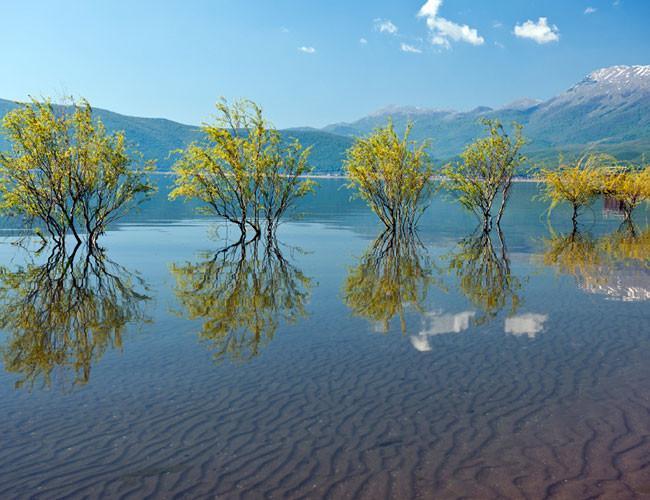Greece exploits EU’s environmental programs: Turkish Foreign Ministry
ANKARA

Greece is “exploiting the environmental programs of the European Union,” the Turkish Foreign Ministry said on June 6, responding to a statement delivered by Greek President Prokopis Pavlopoulos regarding the EU’s “Natura 2000” program.
“It is well known that Greece has long been exploiting the EU’s environmental programs, primarily ‘Natura 2000,’ with respect to Aegean issues,” Foreign Ministry spokesman Hami Aksoy said, adding that the ministry had released a statement regarding the matter on March 31.
“Turkey’s position on this issue was also explained last week to a representative of the EU Delegation,” Aksoy added, criticizing the Greek president for making a statement that established a relationship between the “Natura 2000” network and contested borders and territory.
“These statements do not bear any legal effect. Moreover, such statements are of a confessional character demonstrating that Greece simply abuses the EU’s environmental programs such as ‘Natura 2000’ according to its political expediency,” he added.
Aksoy vowed that Turkey would “not accept any possible fait accompli” presented by Greece toward geographical formations in the Aegean Sea, the legal status of which are still contested.
Pavlopoulos on June 4 said that all Natura 2000 regions in Greece, irrespective of their size or whether they were inhabited, are within Greek and EU borders.
“It is common knowledge that in the framework of European and international rule of law, that primarily the Treaty of Lausanne of 1923 and that of Paris in 1947 define, exactly and without any problems of interpretation, the borders, territory and the sovereignty over these territories of Greece, without any trace of a ‘grey zone’- especially at sea – and without being open, through their very nature, to revision or updating,” Pavlopoulos said.
“For this reason, the only ‘open’ issue between Greece and Turkey is that of delineating the island continental shelf,” he added.
European legislation for the Natura 2000 network, which precisely outlined the protected ecosystems within the European Union, served to further reinforce the above-mentioned measures regarding the borders and territory of the EU, Pavlopoulos added.
In the process of creating the Natura 2000 network, he said, the areas proposed by the EU member-states were evaluated by the European Commission and incorporated in the European list of Natura 2000 Network areas, then displayed on the relevant maps using biogeographical criteria. The lists and maps relating to Greece were later published in the Official Journal of the European Union in 2006, the Greek president said.
This process also included marine ecosystems and reefs and under-sea formations created by gas emissions, which were implemented and applied beyond the member-states territorial waters, namely in both their continental shelf and their Exclusive Economic Zone. This gave each member-states both rights and obligations to take the protective measures envisaged in the ad hoc exercise of their sovereign rights, Pavlopoulos added.
A decades-long dispute between Turkey and Greece over the uninhabited Aegean islets brought the two countries to the brink of armed conflict in 1996 and led to renewed tensions earlier this year.
















